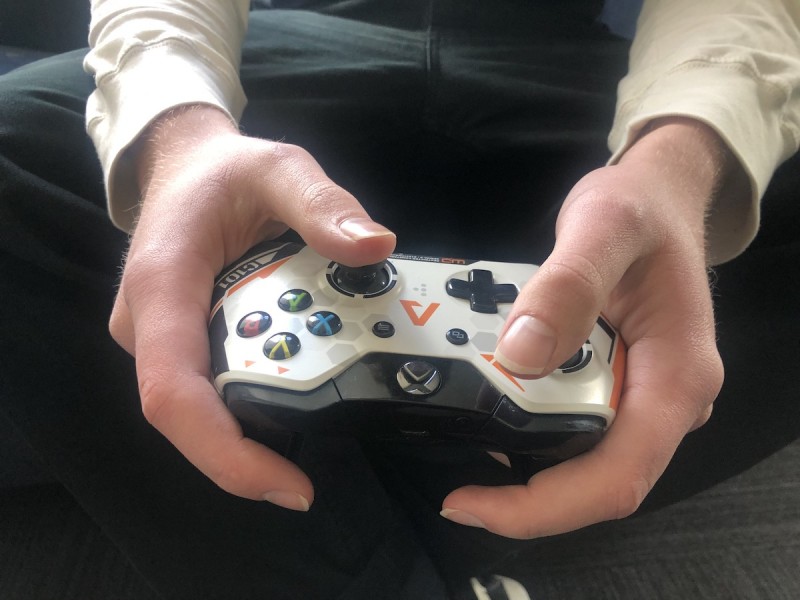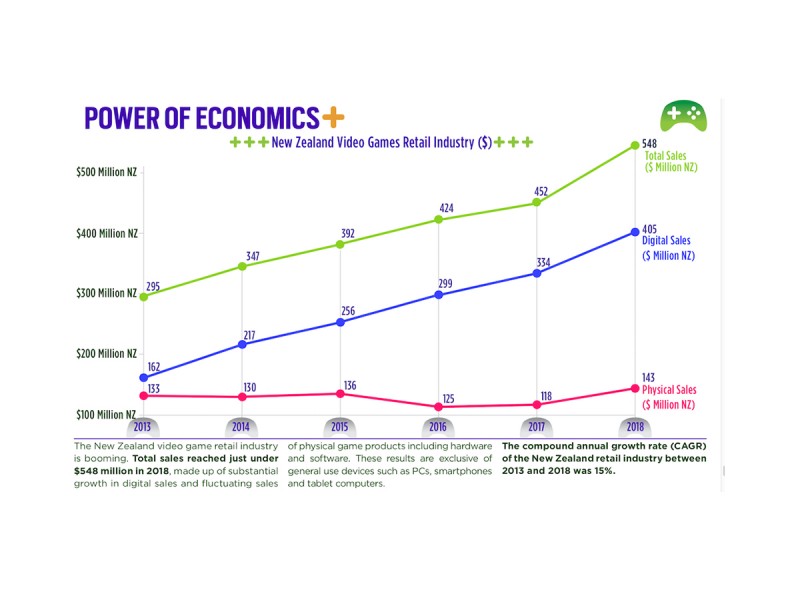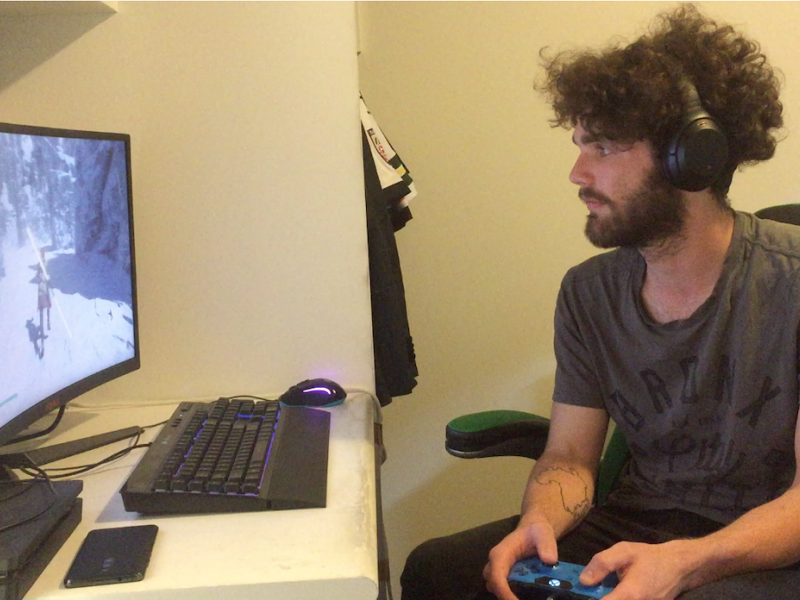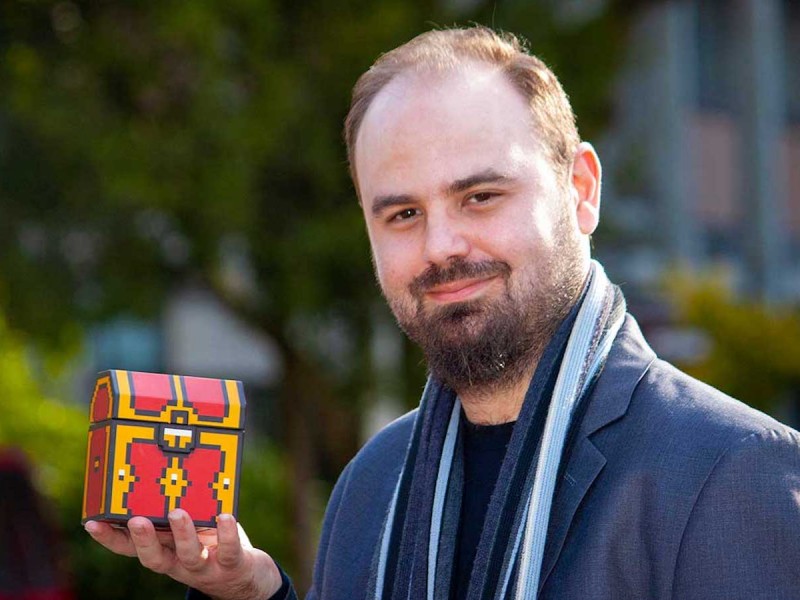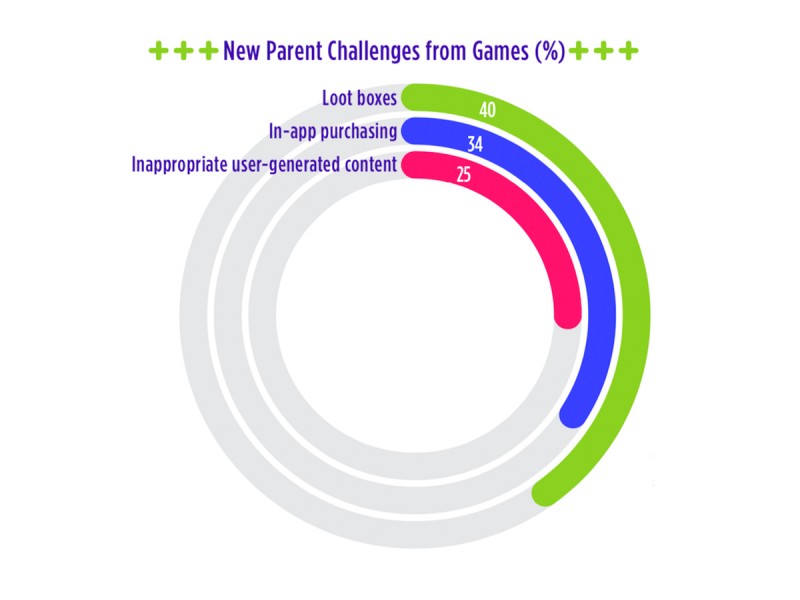What is the Government doing?
The Department of Internal Affairs began a review of online gambling including gaming last year. It is still underway.
Gambling Regulatory System Director Chris Thornborough explains the problem with gambling-like aspects of video games, is they are not technically defined as gambling according to the current law.
“Aspects of online games such as loot boxes fall in a legislative gap between the Gambling Act and the Classification Act,” he explains.
Thornborough says the department is exploring ways to verify age on online gambling sites, monitoring online trends and is encouraging the gaming industry to adopt voluntary warnings on games.
Netsafe has received several reports related to gaming addiction or raising concerns about possible addiction.
The Classifications Office has also had a number of complaints and enquiries from concerned parents about video games and gambling or gambling-like behaviours.
Shiyi Redpath, a Senior Classification Advisor, says; “International research has shown that the link between loot boxes and problem gambling is twice as strong in adolescents as it is in adults”.
Despite this, she does not believe tougher classifications or age restrictions are needed.
“Our research shows that our classifications are broadly in line with the expectations of most New Zealanders … however, a broader review of media regulation in NZ could well focus on problematic gaming or compulsive behaviour, along with things like loot boxes”.
For the time being, she says the most effective measures are education, screen time, and use of parental apps and family filters.
